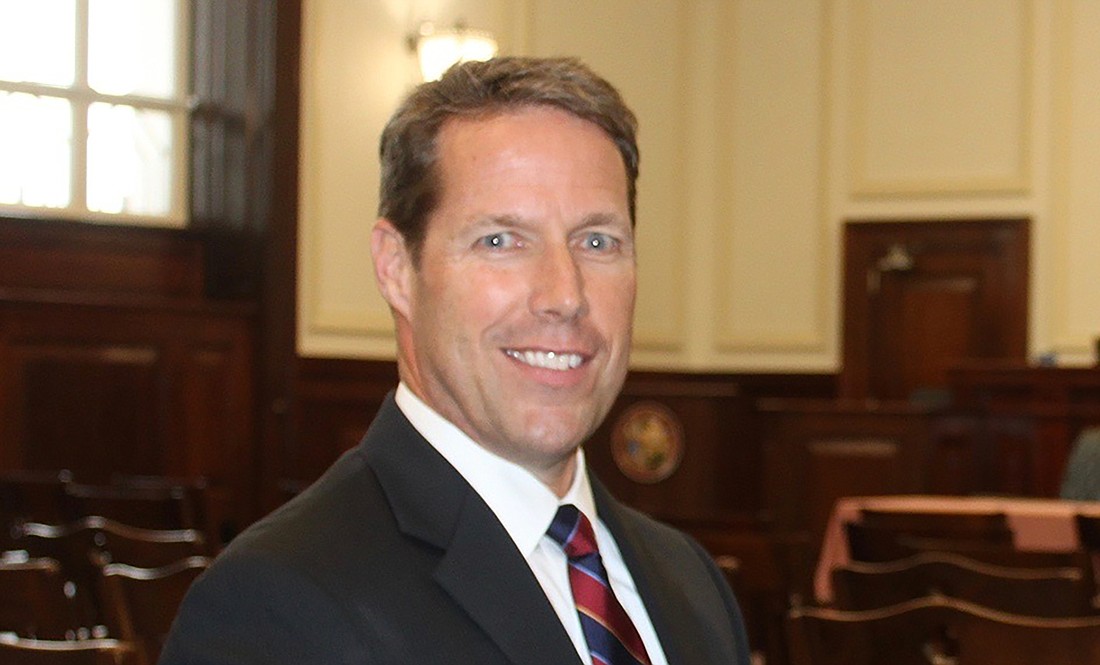
Often when we think of forgiving someone else, we do so begrudgingly.
It just doesn’t seem fair. Our thoughts go directly to the wrongdoer. “They’re going to get away with it.” “I’ll be letting them off.” “They don’t deserve forgiveness.”
That’s the great irony of forgiveness: It’s not about the person being forgiven, it’s about the forgiver.
Lewis Smedes, a renowned author, put it this way: “To forgive is to set a prisoner free and discover that the prisoner was you.”
Forgiveness isn’t about the wrongdoer getting away with something. It’s about freeing oneself. It’s about letting go of negativity and moving on. It’s about controlling what we can and releasing what we can’t.
Forgiveness also can be remarkably powerful for both people.
I recall well listening to family members of victims at the sentencing hearings of those condemned for murder. As the parents and siblings approach the podium I expect hate, venom, vengeance.
So often I was wrong. From those with the greatest cause came grace. A thousand swords were returned to their sheaths. And often the tears that flowed were down the cheeks of the guilty.
For most people, forgiveness does not come naturally or easily. It takes effort, and it takes character.
This is especially true when the wrong that has been committed is known to others. That which will set us free may be construed by others as weakness.
But to be sure, if we choose to harbor the ill will, we will bear its weight alone. As is often misunderstood, the burden of animosity is not something you can share.
Forgiveness requires intentionality. If there is any significance to the act or omission committed against us, it won’t simply be forgotten.
When we have been so wronged, we have to make a choice: We can carry the hostility and let it slow us and dull our senses, or we can lay it down and move on, with a clear head and heart.
Like all human emotions, forgiveness resides along a spectrum. There is forgiving the person who cut us off in traffic on one end and forgiving a parent on the other.
The difference is in depth, duration and weight. The wrongdoer in traffic may be forgiven before we reach our destination. Forgiving a parent may take decades.
In either instance, the decision of forgiveness is up to the person wronged.
Also to be considered is the impact forgiveness can have on the wrongdoer. The weight of sin can rest equally on both scales. An olive branch can be a panacea. It can be a needed second chance. It can be an undeserved opportunity.
Such is the nature of grace. Have we all not benefited from someone else’s grace? Can any of us recall how many second chances we have been given? What we haven’t forgotten is how grateful we were for our new lease. Forgiveness can be a remarkable lesson.
Perhaps the most difficult forgiveness is the forgiveness of self. Not only must we lay down the sword, we must admit we are the one who wielded it.
For most people there is a need for internal accountability. We want punishment for ourselves because we deserve punishment. We know best the depth of our wrongs.
Forgiveness of self is like the forgiveness of others. It’s hard. It needs to be intentional. It’s on a spectrum. And as it is with the forgiveness of others, the impact of forgiving ourselves can be life-changing.
The next time you have it in mind to shed some weight, consider forgiveness.
Fourth Judicial Circuit Judge John Guy was appointed to the bench in 2015 after 22 years in the State Attorney’s Office.